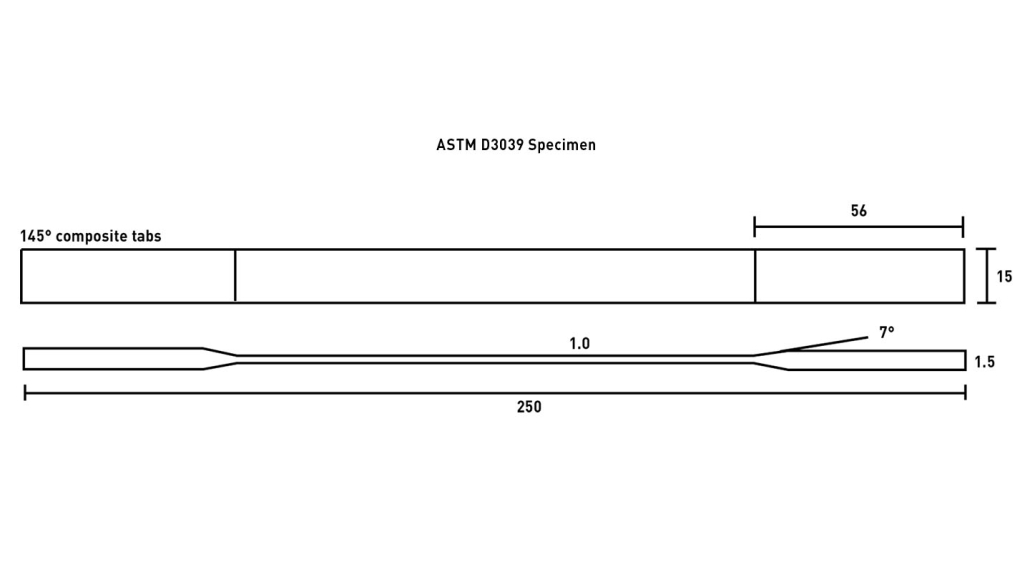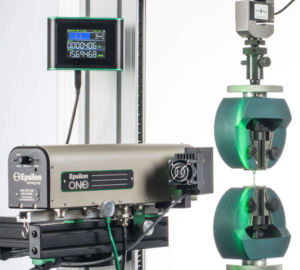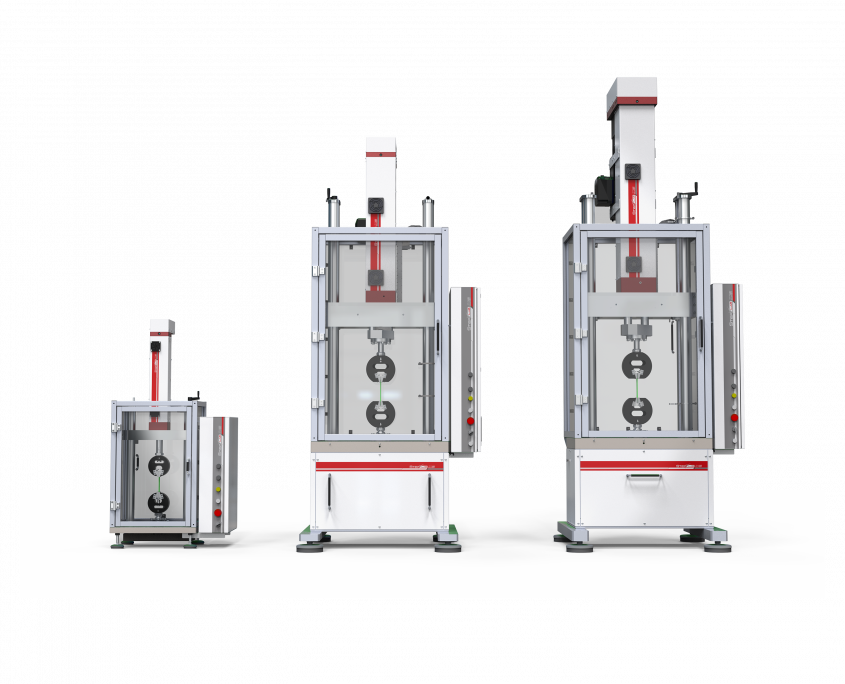In the world of materials engineering, one of the most critical aspects is determining the strength of composite materials. ASTM D3039 is a widely recognized standard that provides guidelines for testing the tensile properties of these materials. In this article, we will dive deep into ASTM D3039, exploring its significance, the testing procedures it outlines, and its implications for various industries.
WHAT IS ASTM D3039?
ASTM D3039, officially titled “Standard Test Method for Tensile Properties of Polymer Matrix Composite Materials,” is a standardized testing method developed by ASTM International, a globally respected organization that creates and publishes technical standards.
WHAT DOES ASTM D3039 MEASURE?
This standard primarily focuses on evaluating the tensile properties of composite materials, which are materials made by combining two or more different materials. The tensile properties include characteristics like ultimate tensile strength, elongation, and modulus.
WHY IS ASTM D3039 IMPORTANT?
Manufacturers use ASTM D3039 to ensure quality control. They can verify that the composite materials they produce meet specific standards, reducing the risk of material failure.
Tensile testing is crucial because it allows engineers and manufacturers to assess the strength and performance of composite materials when subjected to a pulling force. This information is vital for designing products that need to withstand mechanical stress.
Tensile testing helps in the selection of appropriate materials for specific applications. By knowing how a material responds to tension, engineers can determine if it’s suitable for their intended use.
ASTM D3039 – TEST METHODS
ASTM D3039 prescribes the use of a universal testing machine to conduct the tensile test. This machine applies a controlled force to the specimen while measuring its response.
Before conducting the test, it’s essential to prepare the composite material samples. This involves cutting them into specified shapes and sizes, ensuring they are representative of the material being tested. During the test, various parameters are recorded, including load and elongation. These data points are critical for evaluating the material’s behavior under tension.
ASTM D3039 – EXTENSOMETERS
In order to achieve the highest levels of precision and consistency in measurements, it is advisable to incorporate an extensometer into the testing system. Specifically, non-contacting strain measurement devices like Epsilon optical extensometers are ideal for materials testing. These extensometers are designed to provide highly accurate strain measurements and are compatible with standards like ASTM D3039, which governs the tensile testing of composite laminates.
We are official distributor for Epsilon products.
TESTING MACHINES FOR ASTM D3039
Our dynamic and fatigue testing machines is a versatile solution for conducting tests that require high accuracy and speed in both force and position control.
-
- Dynamic loads range up to 200kN
- Zero maintenance and easy installation
- Low energy consuming
- Highly reliable test





